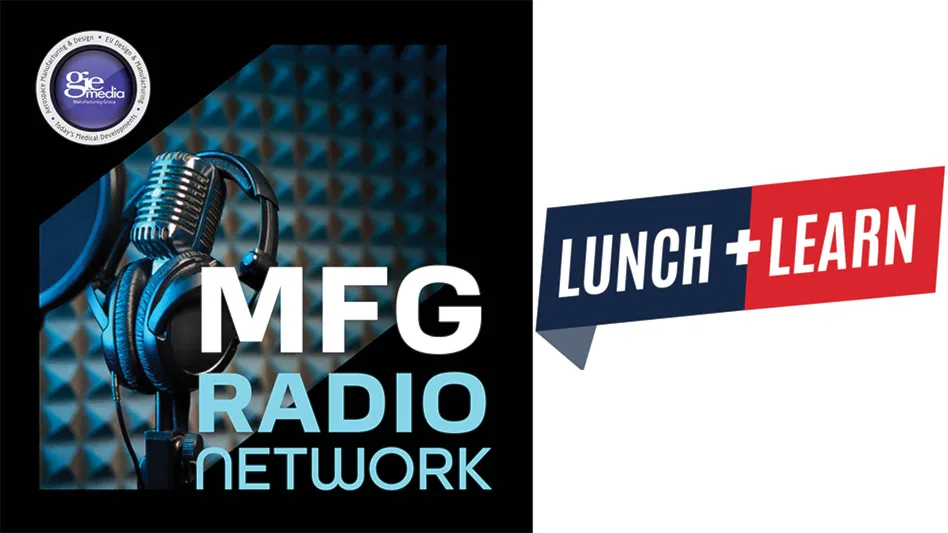
The combination of a healthy construction market and a solid economy are keeping work pipelines flowing and bottom lines strong for metalworking operations. However, even the biggest business boom can bring its own set of unique challenges. According to a report by Grainger, 59% of metalworking firms are having a difficult time finding and retaining qualified employees, and 45% are struggling with competency levels in their workforce. As unemployment rates remain low and companies often compete for the same candidates, it is critical to find solutions for staffing problems.
Automated solutions
Scrap handling systems, fluid recycling equipment, and industrial water and wastewater treatment solutions offer automation opportunities that address the staffing issue and benefit the bottom line.
Automated conveying equipment transports metal scrap from production through load-out with minimal employee involvement. Conveyors also:
- Reduce need for lift truck operators
- Eliminate strenuous manual tasks
- Improve workplace safety
- Improve employee attraction, retention
- Lower labor-related costs
- Improve productivity
- Reduce potential contact with sharp metal material
- Minimize environmental risks
- Maximize value from scrap metal recycling, reusing spent coolant
Tramp oil separators automatically remove free-floating and mechanically dispersed tramp oils, bacteria, slime, and inverted emulsions from individual machine sumps, central systems, and wash tanks. This equipment:
- Eliminates need to manually vacuum oil from rinse tanks
- Can reduce tramp oil to less than 1% in a single pass
- Reduces new fluid purchase costs up to 75%
- Reduces hazardous waste volumes up to 90%
Mechanical or automatic hydraulic dumpers simplify cart unloading with efficient one-person operation that uses a handheld control to operate equipment.
Load-out systems complete scrap handling by moving metal scrap to distribution bins for haul-away to the recycler. These systems provide efficient, automated filling, maximizing container fill and value from the recycler.Modern equipment in conveying, scrap handling, fluid recycling, and water/wastewater treatment also improves uptime with low maintenance, eliminating overstaffing to ensure that employees are as productive as possible.

Conclusion
Productivity improvements in today’s manufacturing plants and machine shops are typically derived from evaluating machining equipment, operating procedures, and labor allocations associated with process-side activity. Continuous improvement in this area should also include waste streams, which offer several opportunities to address the problem of staffing a plant with a skilled workforce. Removing the human element whenever possible keeps a production line flowing safely and efficiently – not to put people out of work but to retain qualified employees and minimize the impact of a shrinking workforce.
Ineffective processes that are labor-intensive and require constant attention inhibit an operation as business continues to ramp up. Working with an experienced equipment and systems provider to automate systems can help metalworking plants thrive in an environment where attracting and retaining qualified employees continues to be a challenge.

Explore the Automation Target Guide Issue
Check out more from this issue and find you next story to read.
Latest from Aerospace Manufacturing and Design
- Latest advancements in machine tool technology
- Visit Okuma America at IMTS 2024
- AM for Aircraft Cockpit Interior Components
- Piasecki Aircraft reveals hydrogen-powered UAM progress
- Siemens' Simatic Workstation
- Heart Aerospace to open US R&D hub
- Comau's S-Family of small industrial robots
- GrindingHub: a showcase for international grinding technology





